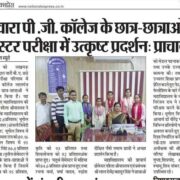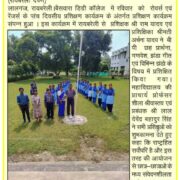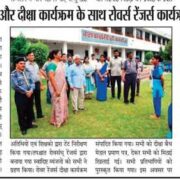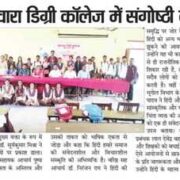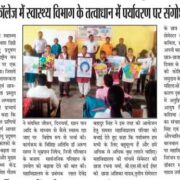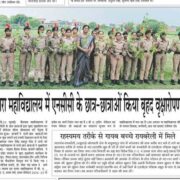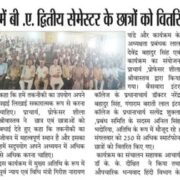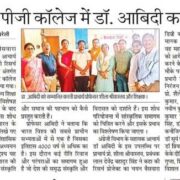About the Department
“Economics is the science which studies human behaviour as a relationship between ends and scarce means which have alternative uses” – Lionel Robbins.
At its core, economics is the study of how individuals, groups, and nations manage and use resources. Economics not only imparts the skills needed to understand complex markets but also gives strong analytical and problem-solving skills. This was the key motivation to establish department as one of the founding department of the college in 1966. Department of Economics at Baiswara PG College offers undergraduate courses which equips students with analytical skills, critical thinking abilities, and a deep understanding of economic principles and theories. Courses of the department covers topics ranging from economic history and policy analysis to international trade and finance. Faculty members in the department engage in research, publishing scholarly work that contributes to the broader understanding of economic issues and policies.
Beyond academia, graduates from department pursue careers in various sectors including government, finance, consulting, and non-profit organizations, where their expertise in analyzing data, forecasting trends, and understanding economic systems is highly valued.
Dr. C.L. Singh was former faculty, and he rendered remarkable service to the department till his retirement. Mr. Sandeep Kanaujia is current faculty at the Department. His area of research is growth and development, innovation, evolutionary economics and non-optimizing methods of economic analysis.
Activities at the Department
In addition to the regular curriculum-based classes, the department enriches the student experience with various special lectures and programs. At the start of each academic year, the department holds an orientation program to welcome and introduce new students. For these incoming students, we also offer a lecture on the mathematical methods and techniques commonly used in economics. Furthermore, following the tabling of the Union Budget in the Parliament, we organize class discussions to analyze and explore its implications.


